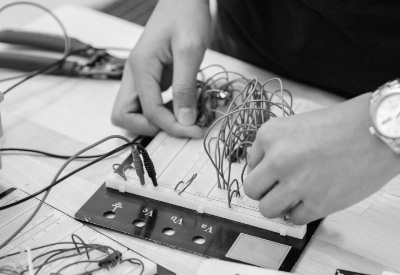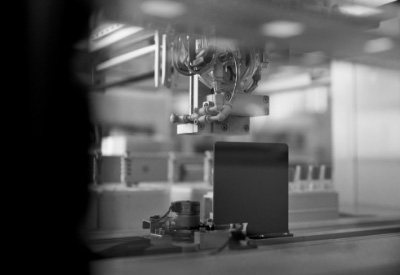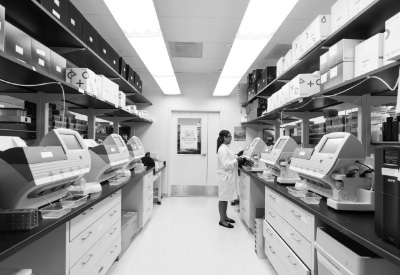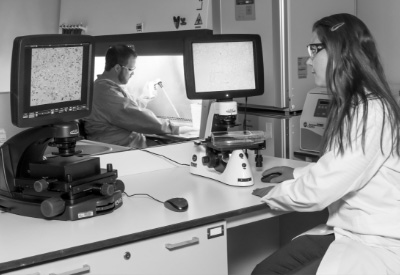
City Labs is pushing the boundaries of planetary science by teaming up with Dr. Mason Peck, the Stephen J. Fujikawa ’77 Professor of Astronautical Engineering at Cornell University and NASA’s Chief Technologist from January 2012 to December 2013. During his time at NASA, Dr. Peck played a pivotal role in advising NASA administrators on advancing space technologies, including the development of solar sails and inflatable heat shields, in order to enhance the efficiency of space exploration. Now, he is revolutionizing the capabilities of tiny, self-contained spacecraft known as ChipSats. These small-scale devices are designed to perform “up-close and personal” in-situ data collection, a method typically reserved for larger and more expensive spacecraft.
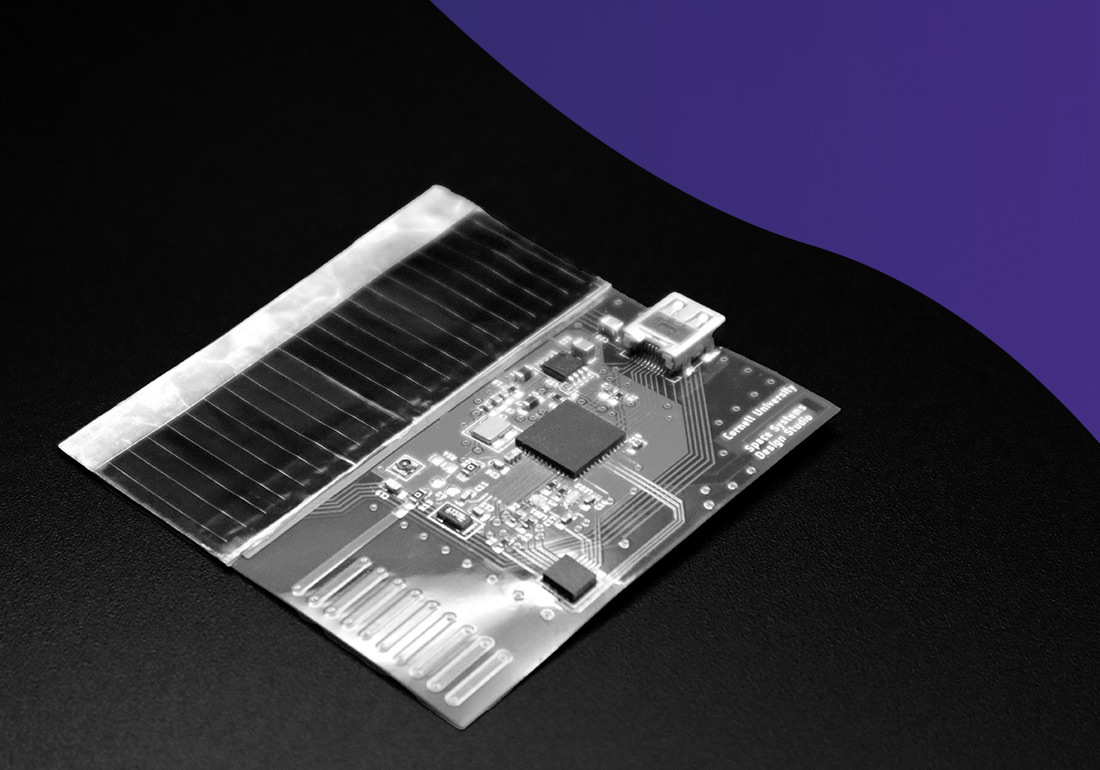
The Problem
Traditional ChipSats, like many instruments used in space exploration, rely on solar power. For Chipsats, their small size limits their ability to store enough energy to survive in environments with little or no sunlight, such as the permanently shadowed craters on the Moon or the long winters at Earth’s poles. This limitation impacts all solar-dependent devices, restricting their use in several promising areas for planetary exploration that lack sunlight and require alternative sources of continuous power to gather data, including permanently shadowed regions on the Moon, lava tubes on Mars, and distant moons like Titan and Enceladus.
Furthermore, without the ability to function in low-light conditions, ChipSats’ usefulness for ground-based science in locations like the North and South Poles, deep forests, or underground is severely limited. As a result, their potential to contribute to space and Earth science has been held back by their reliance on sunlight.
The Solution
City Labs’ NanoTritium™ betavoltaic power sources provide a groundbreaking solution by enabling ChipSats to operate continuously, even in total darkness. By integrating City Labs’ tritium-powered batteries into the ChipSat platform, this joint effort is creating a new class of sensors capable of operating in environments where solar energy is unavailable.
This collaboration has recently caught the attention of NASA, leading to funding for the development of tritium-powered sensors for use on the Moon’s surface through a 2024 NASA Innovative Advanced Concepts (NIAC) Award. These autonomous tritium micropowered sensors will be designed to explore the lunar south pole’s permanently shadowed craters, which are prime areas of interest for future human settlements due to their potential to contain valuable resources like water ice and other volatiles.

“These tritium-powered microsensors open up a wide array of possibilities for other planetary applications beyond the Moon,” said Dr. Peck.
The NanoTritium™-powered ChipSats offer exciting new opportunities for planetary science, particularly in regions of the solar system where sunlight is scarce, such as the moons of Jupiter and Saturn. By providing continuous power in the absence of sunlight, these devices can be deployed to explore previously inaccessible areas, significantly expanding the scope of planetary exploration.
Applications Beyond Space
While the potential for space exploration is vast, Dr. Peck points out that these sensors can also be used for Earth-based applications. The ability to function without sunlight opens the door for research in locations like polar regions, dense forests, and even underwater environments where solar-powered devices would fail.
“The combination of continuous power and not relying on sunlight is a unique and powerful combo for these sensors that really opens a wide range of possibilities,” Dr. Peck noted.
In addition, the low cost and small size of these sensors allow for more innovative and high-risk scientific experiments than could realistically be performed with more costly technology, such as burying sensors throughout forests to study the propagation of forest fires. These low-cost, tritium-powered sensors could help researchers develop new strategies for fire prevention and management, especially as forest fires become more frequent and severe due to climate change.
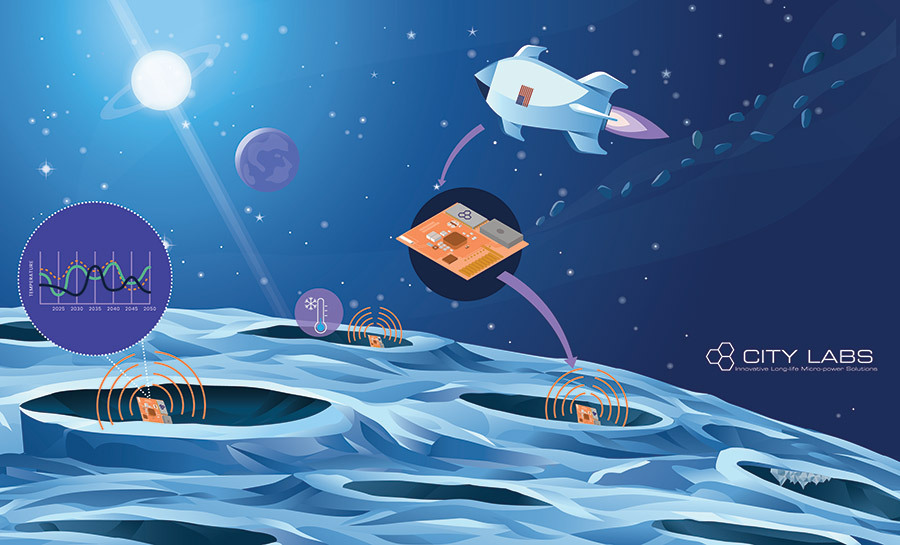
Advantages of Tritium-Powered Sensors
Unlike other nuclear-powered devices, which are often large, expensive, and come with significant regulatory challenges, City Labs’ tritium-powered batteries offer a safe, efficient alternative. Tritium is a low-energy beta emitter, making these batteries highly suitable for use in small devices without the need for heavy shielding or complex regulatory approvals.
The combination of low cost and safety in City Labs’ betavoltaic devices makes them a uniquely desirable solution for tackling a wide range of scientific challenges, especially for agencies like NASA, which typically require billions of dollars in funding to explore planetary bodies beyond Earth.
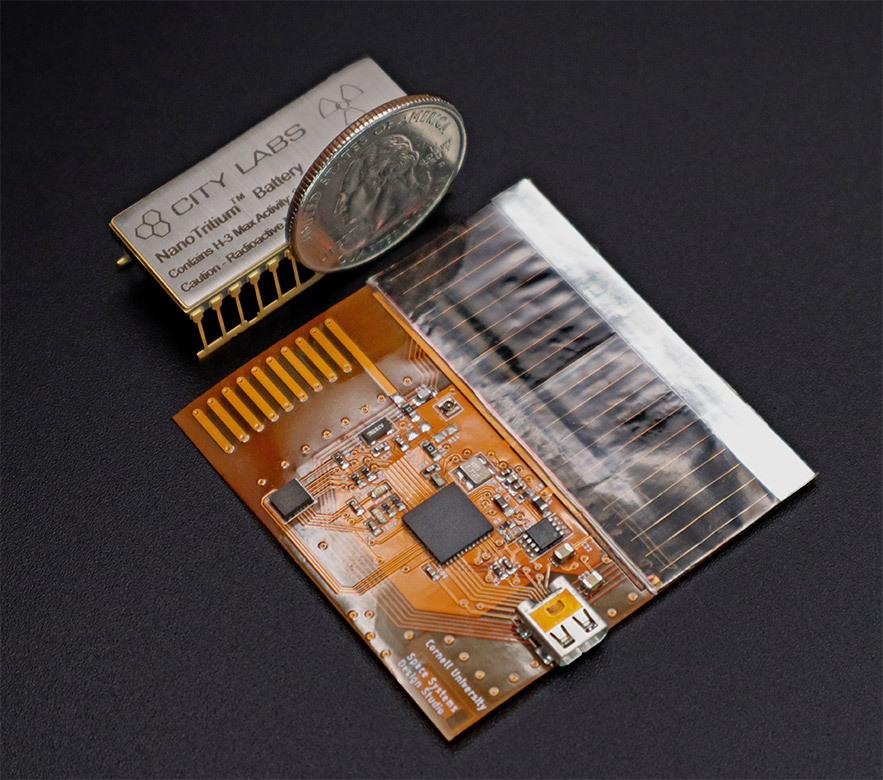
“These batteries are a huge deal in terms of opening up certain areas on our planet or elsewhere in the solar system that really wouldn’t be accessible any other way,” Dr. Peck said. “City Labs’ aggressive creativity and approach to finding completely new and unexpected applications for their technology really represents an exciting future for all of us.”
Powering the Future of Science
This collaboration between City Labs and Dr. Peck highlights the innovative potential of combining tritium-powered batteries with ChipSat technology. Together, they are transforming how scientists gather data, not just in space, but in other challenging environments here on Earth.
As City Labs continues pushing the boundaries of energy solutions, our work with Dr. Peck exemplifies the importance of cross-disciplinary partnerships in driving technological advancements. These tritium-powered sensors represent a significant leap forward in how we approach both planetary exploration and Earth-based research, with the potential to unlock a wealth of new scientific discoveries.
If you are interested in partnering with City Labs to explore innovative applications of tritium battery technology, we invite you to contact us today.
The Nuclear Battery Company With a Vision
Ready to power your next innovation or learn more about our technology?
Contact Us Today